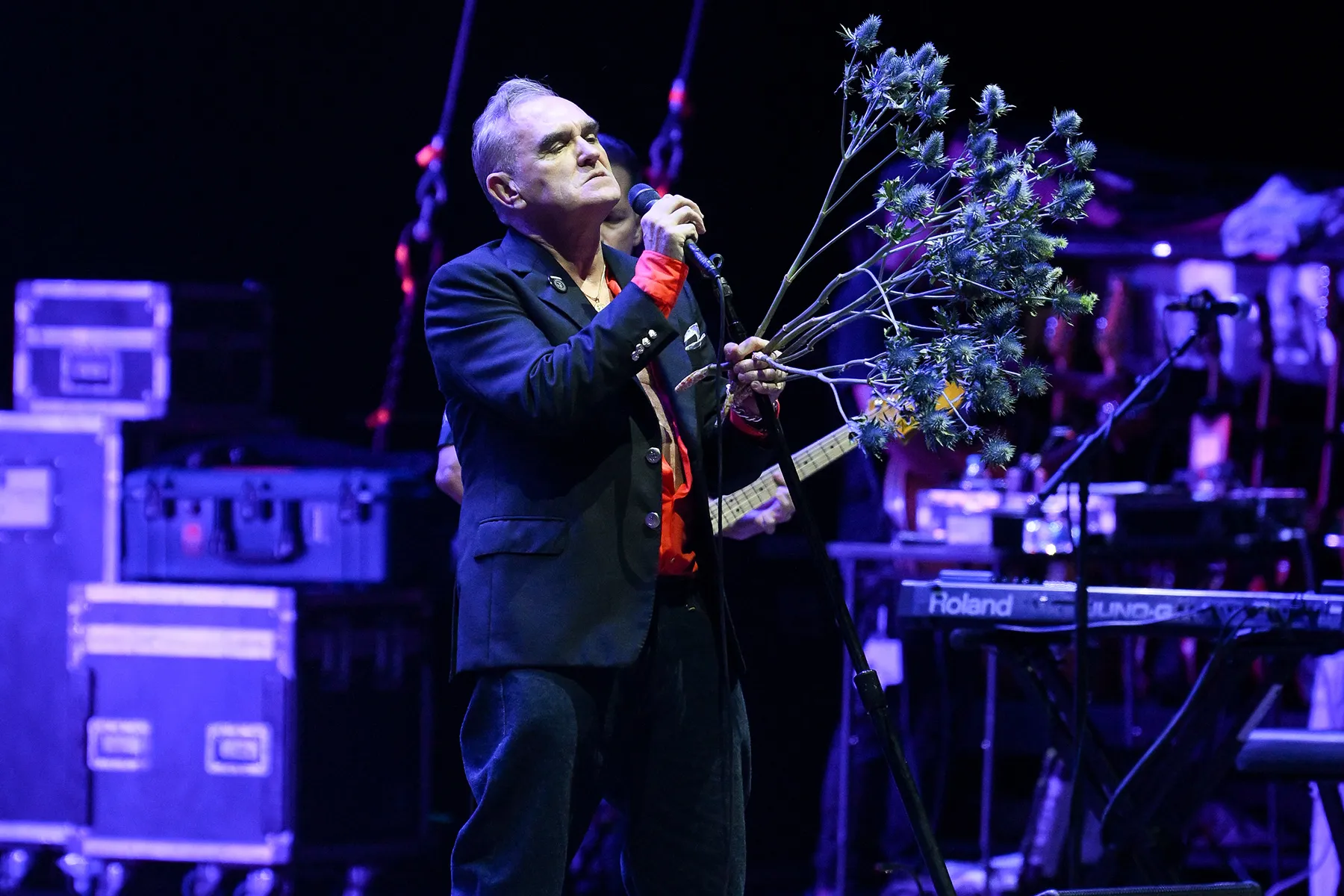By Wan-Ifra External Contributor
Copyright wan-ifra

This summer, the leader of Nottinghamshire County Council banned a local news outlet from engaging with any of his 40 elected representatives.
Councillor Mick Barton of Reform UK also instructed council officials to stop sending press releases and event invitations to journalists at Nottinghamshire Live.
Why? Because these journalists had upset Barton with their coverage of his party.
When Reform UK’s leader, Nigel Farage, was asked about this at a US Congressional hearing, he came out with characteristic bluster about his absolute commitment to free speech whilst denying responsibility for the ban.
A few days later, Reform UK hosted a well-known anti-vaxxer at their annual conference. Challenged about the lack of scientific evidence for his claims, a party spokesperson told the BBC, ‘Reform UK does not endorse what he said but does believe in free speech.’
It might seem strange when a political party vigorously defends the freedom to spread falsehood whilst curtailing the freedom to tell the truth, but this is straight out of the populist playbook.
From Trump’s America to Orban’s Hungary and Modi’s India, authoritarian politicians are demonising journalists whilst eulogising fantasists. Every day, the bond between journalists and the public is stretched closer to breaking point – not that this relationship was in great health to begin with.
The internet disrupted the business model for local newspapers, forcing hundreds of titles to close, whilst social media gave the public the opportunity to make sense of things on their own terms.
At first, platforms like Twitter and Facebook looked like democracy in action: everyone had a voice, and everyone could enter the conversation.
We now know that this was a false promise. Social media makes some voices much louder than others, and these platforms are easily co-opted by politicians and activists for their own ends.
To ensure a truly democratic public sphere, we need to rebuild the base layer of democracy: local news.
Policymakers, philanthropists, investors and local news providers urgently need to take six steps to regenerate local news for the twenty-first century.
Firstly, local news needs to be demonstrably local. The more that reporters are visible in their communities, the more they will be trusted. If journalists are setting out to hold local politicians accountable, then journalists, too, need to be accountable. This is partly about independent and effective media regulation, but also about building relationships with the audience and exploring co-creational models of local news, where members of the community are actively involved in producing journalism.
Secondly, local news needs a sustainable business model. This probably means a blend of revenue streams, including subscriptions, donations and commercial partnerships, to avoid becoming dependent on any one source.
Thirdly, local news needs to operate in the public interest, with stories that clearly inform and empower local people – not clickbait about celebrities and national politics.
Fourthly, local news needs to keep innovating. A printed newspaper is still a fantastic way of telling the story of a local area, but it’s an alien artefact for many readers. If audiences prefer to engage with short videos, podcasts or email newsletters, then local news providers need to use these media.
This also means that policymakers must broker a new settlement between big tech and local news. The platforms might own the audience, but they don’t own the public sphere. It should be their legal responsibility to carry local news with due prominence, so that serious reporters can counterbalance the populists and fantasists with accurate, ethical and impartial journalism.
Fifthly, the people making local news need to resemble the people they’re representing. In the UK, the journalism workforce is disproportionately white and able-bodied, and the costs of higher education are a barrier to working class journalists. We need to diversify local news along every axis of identity.
Finally, local news needs to be engaging.
Local news will never become sustainable if it’s like the vegetables we’re supposed to eat but just can’t stomach. Local news has got to be a tasty mix of great stories and genuinely useful information.
The people who want to destroy democracy are working hard to undermine local news. But we won’t restore democratic norms simply by telling people that local news is good for them. To coin a phrase, we need to make local news great again.
The good news is that there are pioneering journalists reinventing local news around the world.
They urgently need access to patient capital to build models of local news that are accountable, sustainable, in the public interest, innovative, representative and engaging.
It’s not too late to regenerate local news. But time is running out.
By Jonathan Heawood, Executive Director of the Public Interest News Foundation.
This article was commissioned as part of the World News Day campaign to highlight the value of journalism.



